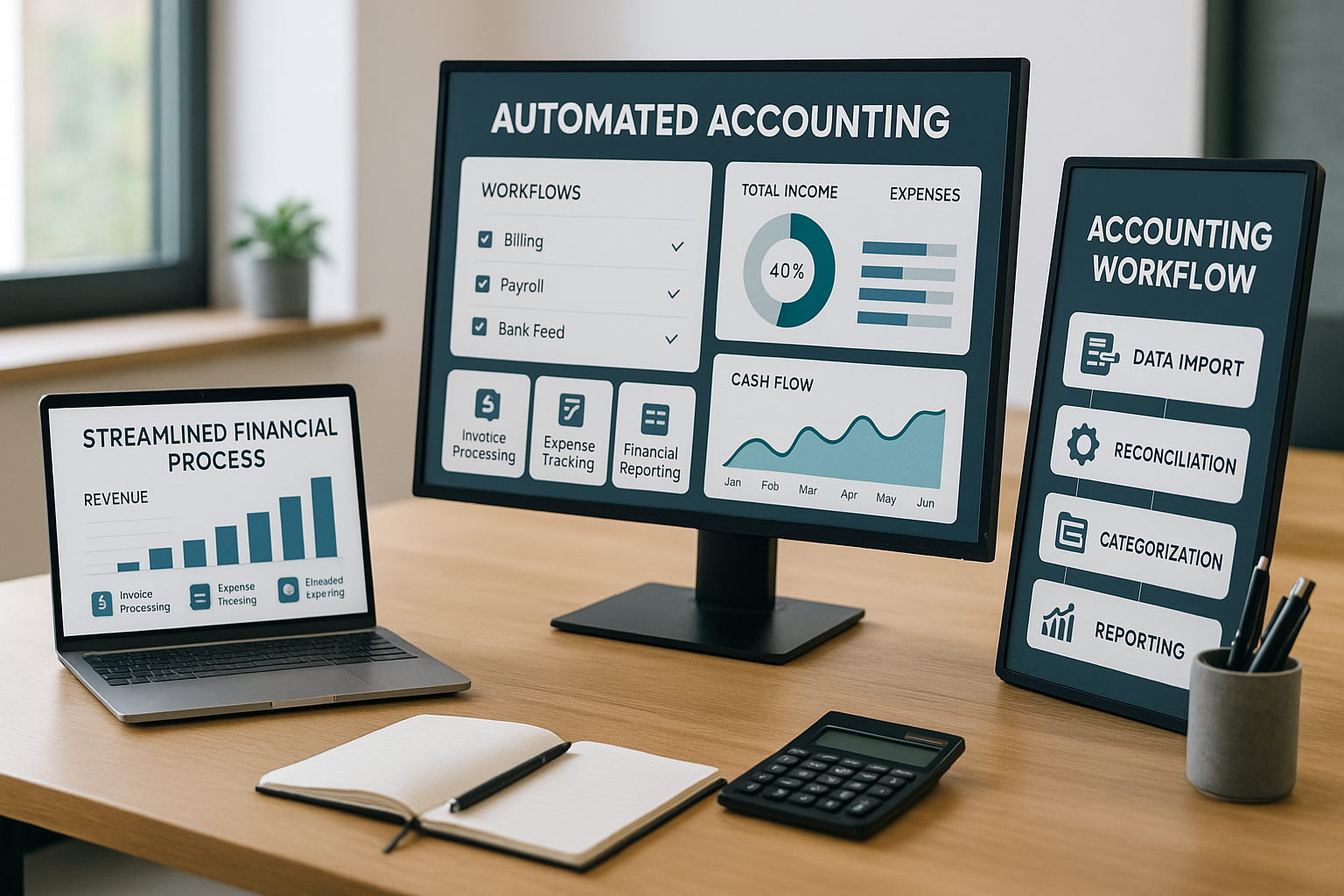Revolutionize Finance Accounting With Simple Business Process Management
Revolutionize your finance accounting processes by exploring the power of simple business process management, and see how you can streamline operations, enhance accuracy, and save time—browse options now to discover the transformative solutions available.

The Role of Business Process Management in Finance Accounting
Business Process Management (BPM) is a systematic approach to making an organization's workflow more effective, more efficient, and more capable of adapting to an ever-changing environment. In the realm of finance accounting, BPM can revolutionize how tasks are managed and executed, leading to significant improvements in accuracy, speed, and compliance.
By integrating BPM tools, finance teams can automate repetitive tasks, reduce the risk of errors, and ensure compliance with regulatory standards. This automation not only saves time but also allows finance professionals to focus on more strategic activities, such as financial analysis and planning. According to a study by McKinsey, automation can reduce the time spent on financial processes by up to 30%1.
Benefits of Implementing BPM in Finance Accounting
The implementation of BPM in finance accounting offers numerous benefits that can drive a company’s success. First and foremost, it enhances data accuracy. By automating data entry and processing, errors are minimized, and data integrity is maintained. This is crucial for generating accurate financial reports and making informed business decisions.
Moreover, BPM improves compliance. Financial regulations are complex and constantly evolving. BPM systems can be configured to ensure that all processes adhere to current regulations, reducing the risk of non-compliance and the associated penalties2.
Cost savings are another significant advantage. By streamlining processes and reducing manual effort, companies can lower operational costs. According to Gartner, organizations that implement BPM can achieve cost reductions of up to 20%3.
Real-World Applications and Examples
Several companies have successfully implemented BPM to enhance their finance accounting functions. For instance, a global manufacturing firm used BPM to automate its accounts payable process. This led to a 40% reduction in processing time and a significant decrease in late payment fees4.
Another example is a large retail chain that employed BPM to streamline its budgeting process. By automating data collection and analysis, the company was able to reduce its budget cycle time by 50%, allowing for more agile financial planning5.
Exploring BPM Solutions
For businesses looking to implement BPM in their finance accounting processes, there are numerous solutions available. Popular BPM software options include Appian, Bizagi, and IBM BPM, each offering unique features tailored to different organizational needs. These platforms provide tools for modeling, automating, and optimizing business processes, ensuring a seamless transition from manual to automated workflows.
When choosing a BPM solution, it's important to consider factors such as ease of integration with existing systems, scalability, and user-friendliness. Many providers offer free trials or demos, allowing businesses to evaluate their options before committing.
Incorporating Business Process Management into finance accounting is not just a trend but a necessity for organizations aiming to stay competitive in today's fast-paced business environment. By automating tasks, improving accuracy, and ensuring compliance, BPM can transform financial operations and drive significant cost savings. As you explore the multitude of BPM solutions available, consider how these tools can be tailored to meet your specific business needs, and follow the options to revolutionize your finance accounting processes.